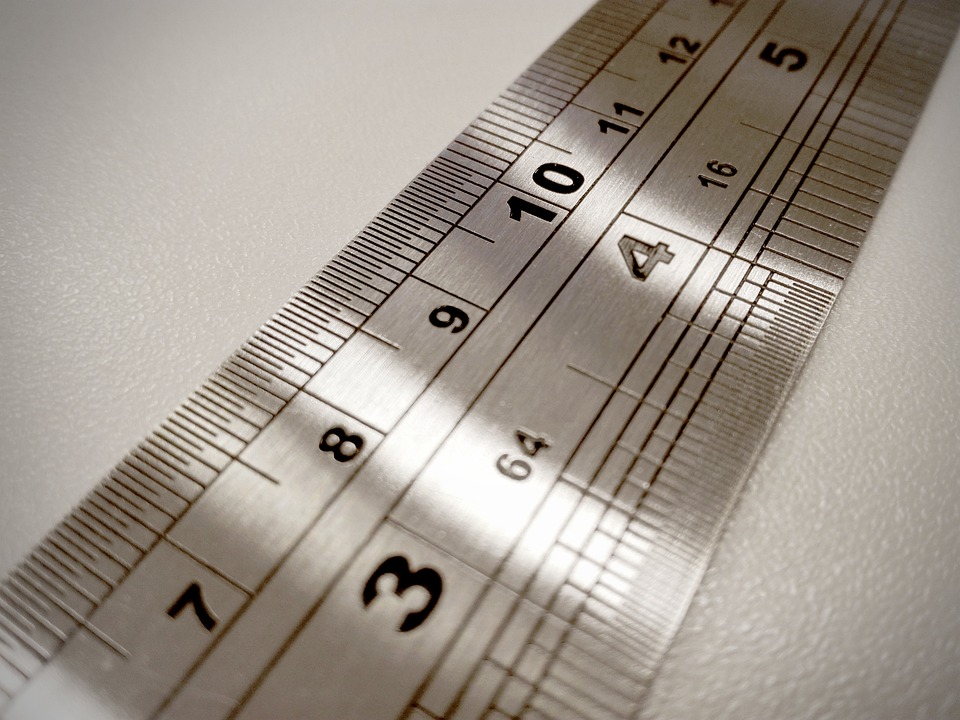
Beauty in the Age of Photoshop: The Illusion of Perfection
In today’s society, the pressure to look perfect is more prevalent than ever. With the rise of social media and the constant bombardment of images of seemingly flawless celebrities and influencers, it’s no wonder that many people feel the need to constantly strive for perfection in their own appearance. And nowhere is this pressure more evident than in the use of Photoshop and other photo editing tools to create an illusion of beauty that is simply unattainable in reality.
The Rise of Photoshop and the Beauty Industry
Photoshop, the popular image editing software developed by Adobe, has revolutionized the way we perceive beauty. With just a few clicks, a person’s flaws can be airbrushed away, their skin smoothed, their features enhanced. The result is an image that is often far removed from reality, creating an unrealistic standard of beauty that is impossible to achieve without the help of digital manipulation.
The beauty industry, with its emphasis on youth and perfection, has also played a significant role in perpetuating this idealized image of beauty. Advertisements for skincare products, makeup, and cosmetic procedures often feature models and celebrities who have been heavily airbrushed and retouched to create an image of flawless beauty. This has led to a culture of comparison and self-criticism, where individuals feel pressured to live up to an unattainable standard of beauty.
The Negative Impact of Photoshop on Body Image
The prevalence of digitally altered images in the media has had a detrimental impact on people’s body image and self-esteem. Studies have shown that exposure to idealized images of beauty can lead to feelings of inadequacy and low self-worth, as individuals compare themselves to the unattainable standards set by the media. This can lead to body dissatisfaction, disordered eating behaviors, and even mental health issues such as depression and anxiety.
The use of Photoshop to create unrealistic images of beauty can also contribute to a distorted perception of what constitutes beauty. Features such as flawless skin, perfectly symmetrical features, and a slim figure are often portrayed as the ideal, leading people to believe that these are the only qualities that are considered attractive. This narrow definition of beauty can be damaging, as it excludes a wide range of diverse body types and features that should be celebrated.
The Movement Towards Authenticity
In recent years, there has been a growing backlash against the use of Photoshop and other forms of digital manipulation in the media. A movement towards authenticity and natural beauty has gained momentum, with many celebrities and influencers advocating for more transparency in the way images are edited and retouched. This shift towards embracing imperfections and promoting body positivity has been welcomed by many who are tired of feeling inadequate in the face of unrealistic beauty standards.
Social media platforms such as Instagram have played a significant role in this movement towards authenticity, with many individuals sharing unfiltered, unedited images of themselves to promote self-acceptance and body positivity. The rise of the body positivity movement, which celebrates all body types and encourages self-love and acceptance, has also empowered many people to embrace their natural beauty and reject unrealistic beauty standards.
The Importance of Self-Acceptance
It’s important to remember that beauty comes in all shapes, sizes, and forms. No one is perfect, and striving for an unattainable standard of beauty will only lead to feelings of inadequacy and self-doubt. Instead of trying to live up to the airbrushed images we see in the media, it’s important to focus on self-acceptance and embracing our unique qualities.
Self-acceptance is about recognizing and appreciating our own beauty, flaws and all. It’s about celebrating our individuality and understanding that true beauty comes from within. By practicing self-love and acceptance, we can begin to break free from the illusion of perfection perpetuated by Photoshop and the beauty industry, and embrace our natural beauty in all its imperfect glory.
In conclusion, the age of Photoshop has created an illusion of perfection that is unattainable and damaging to our self-esteem. Instead of striving for an idealized image of beauty, we should focus on self-acceptance and embracing our natural beauty. By rejecting unrealistic beauty standards and promoting authenticity, we can empower ourselves and others to embrace their true selves and celebrate their unique beauty. Beauty is not about perfection; it’s about individuality, diversity, and self-love.